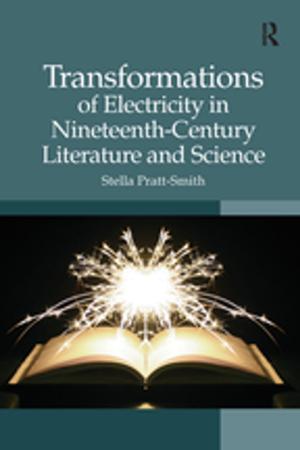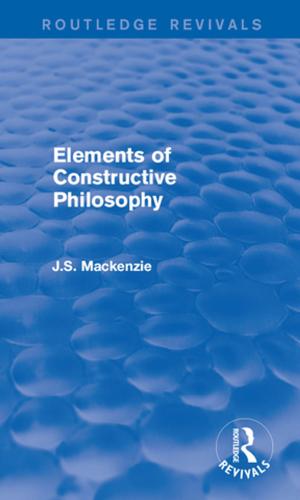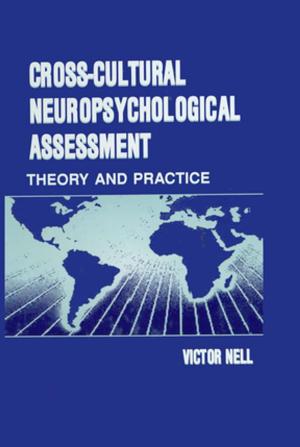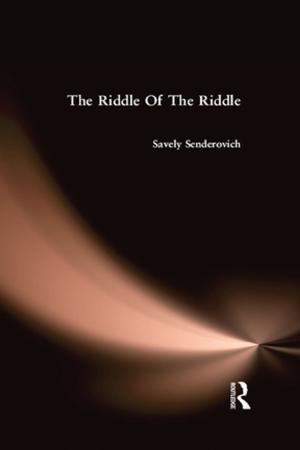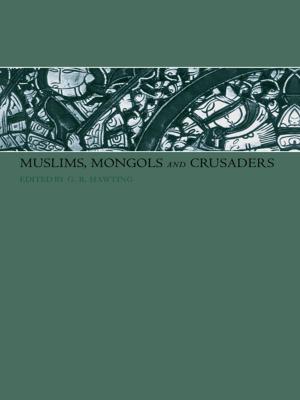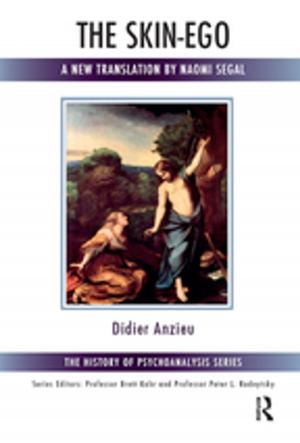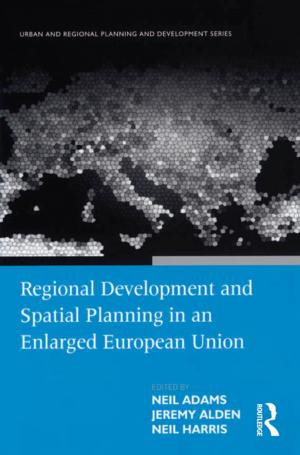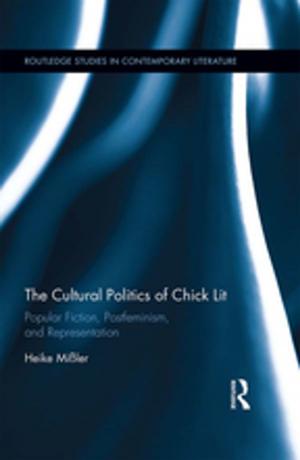The Castration Complex
What is So Natural About Sexuality?
Nonfiction, Health & Well Being, Psychology| Author: | Mou Sultana | ISBN: | 9780429840678 |
| Publisher: | Taylor and Francis | Publication: | April 19, 2018 |
| Imprint: | Routledge | Language: | English |
| Author: | Mou Sultana |
| ISBN: | 9780429840678 |
| Publisher: | Taylor and Francis |
| Publication: | April 19, 2018 |
| Imprint: | Routledge |
| Language: | English |
This book illustrates that the Castration Complex and the question of the distinction between the sexes are enmeshed in psychoanalytic theories. The subjective negotiation of this distinction impacts the future sexual positions taken up (or not) by the subject, indicating that human sexuality is by no means a given or a natural occurrence in psychoanalysis.
Engagement with the psychoanalytic theory of castration provides the reader with a different perspective on the current society’s insistence on gradually dissolving the differences between the sexes. For Freud, castration complex is the key to understanding the psychical consequences of the anatomical distinction between the sexes. For Lacan, castration introduces the subject to his/her very existence as a sexed being. Mou Sultana illustrates how these two revolutionary theorists came to such conclusions by close reading of the core texts, interpreting them and highlighting their relevance both within and outside the clinic of modern times.
This book illustrates that the Castration Complex and the question of the distinction between the sexes are enmeshed in psychoanalytic theories. The subjective negotiation of this distinction impacts the future sexual positions taken up (or not) by the subject, indicating that human sexuality is by no means a given or a natural occurrence in psychoanalysis.
Engagement with the psychoanalytic theory of castration provides the reader with a different perspective on the current society’s insistence on gradually dissolving the differences between the sexes. For Freud, castration complex is the key to understanding the psychical consequences of the anatomical distinction between the sexes. For Lacan, castration introduces the subject to his/her very existence as a sexed being. Mou Sultana illustrates how these two revolutionary theorists came to such conclusions by close reading of the core texts, interpreting them and highlighting their relevance both within and outside the clinic of modern times.

